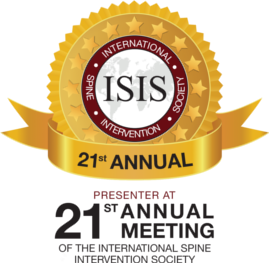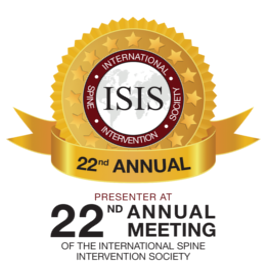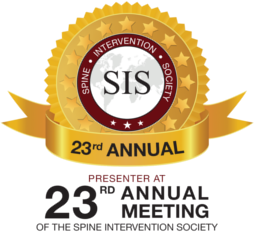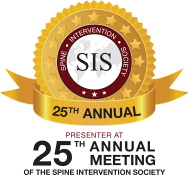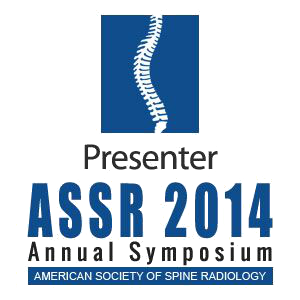Los Angeles Minimally Invasive Spine Institute Blog
What You Need To Know About Scoliosis
Published: Dec 04, 2025
Scoliosis is a condition where a person’s spine curves or twists. This condition often leads to a three-dimensional shift in the spine, resulting in a curvature to one side or the other. The twisting can pull the ribcage out of position, causing the...
Whiplash - Symptoms and Causes
Published: Oct 15, 2025
An abrupt, shocking movement, like a car crash, sports injury, or slip and fall, can leave you with more than temporary shock. This sudden force may cause whiplash, a common but often misunderstood injury. The condition occurs when the head is suddenly...
What you need to know about Spinal Cord Injury
Published: Oct 15, 2025
A spinal cord injury (SCI) is the damage done to the spinal cord that results in injury to a person and a loss of functionality in the body. What does recovery look like for a person facing such life-changing circumstances? This article explains the...
Orthopedic Back Surgeon vs. Neurosurgeon: Find the Best Fit
Published: Sep 16, 2025
Spine surgery is a specialized field that entails managing, diagnosing, and treating conditions affecting your spine and its surrounding structures to improve your health and overall quality of life. It also requires specialized expertise and knowledge....
Get Rid of That Pinched Nerve in Your Hip
Published: Sep 16, 2025
Have you ever experienced a shooting pain in your hip and an unusual tingling feeling that runs down your leg? In that case, this disruptive experience, commonly an indicator of a pinched nerve in the hip, is a major medical condition that impacts many...
The 4 Pillars of Treating Chronic Spinal Pain
George Rappard MD discusses the 4 key pillars of spine care. The 4 pillars are physical therapy and chiropractic care tailored to your condition, appropriate selection of medical therapy, pain injections targeting your specific pain source and, as a last result, minimally invasive motion and stability preserving spinal surgery performed as an outpatient procedure. Through effective use of the first 3 pillars only about 5% of our patients need to go on to have back surgery or neck surgery.


